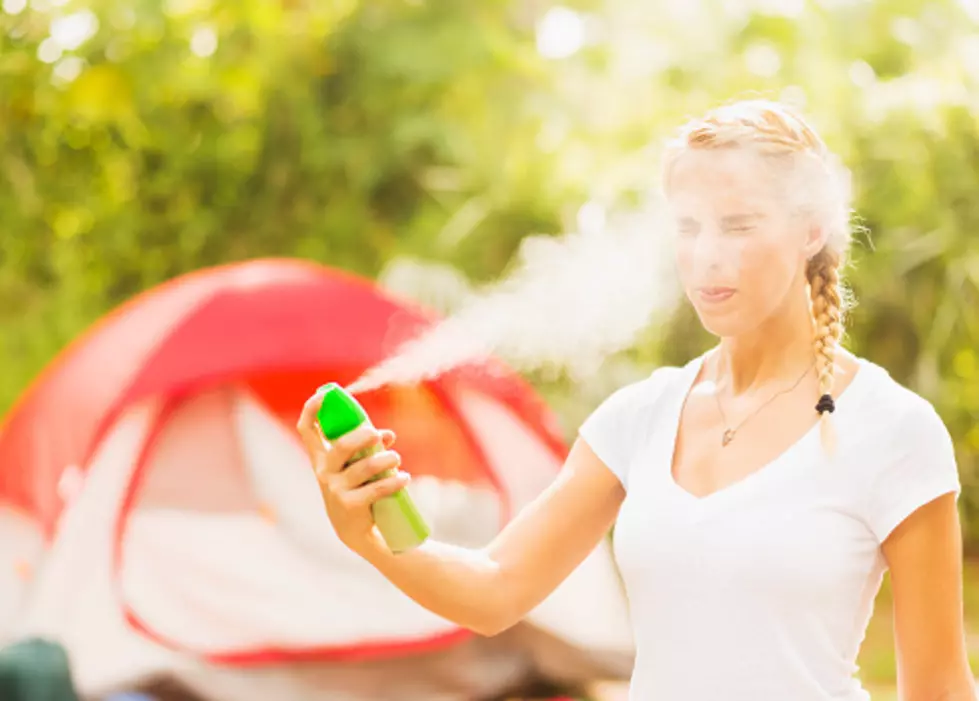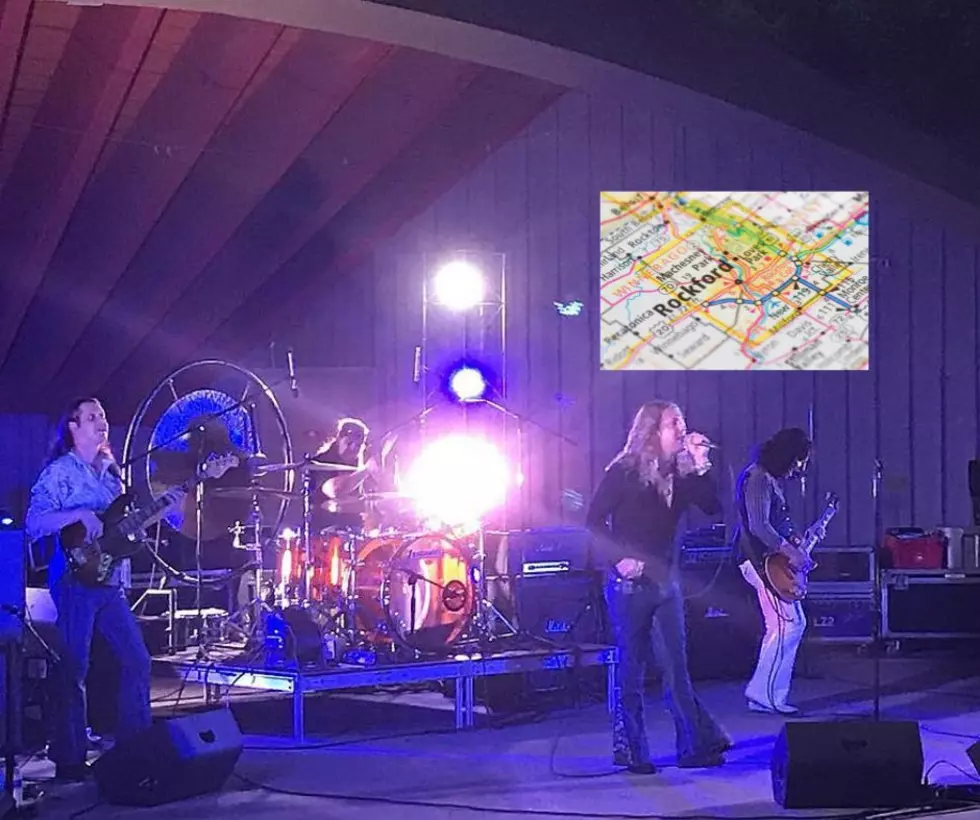
Rockford May Experience a Mosquito-Heavy Summer
What happens when you combine a relatively mild winter with a very wet Spring, and rapidly rising warmer-than-normal conditions? If you shouted "clouds and clouds of nasty mosquitos," you've probably already stock up on Deep Woods Off.
You're probably going to need it this summer, too.
At least that's the take from the Winnebago County Health Department (WCHD), as they announced they were beginning their 2017 Mosquito Borne Surveillance:
Every year during mosquito season, WCHD places several gravid traps throughout the county for collection of mosquitos for testing in addition to the dead bird collection from the hotline. These two assessments help the Department identify the presence of mosquito activity which in turn, provides notification and education to the public where the increased amplification of mosquito-borne viruses are occurring.
Looking back to last year, In the summer of 2016, Winnebago County Health Department received 71 phone calls and electronic reports from the general public with questions on West Nile virus and dead bird reports. Those calls resulted in 14 birds tested, with 3 being confirmed as positive. 142 mosquito pools were collected across 19 different locations with 5 testing positive with WNV. No confirmed human cases with West Nile virus were reported.
There's no foolproof way to avoid contact with these little bloodsuckers, short of wearing around a John Travolta "Boy in the Bubble" suit. However, the WCHD reminds you that there are ways to limit your chance of being on the receiving end of a mosquito's proboscis. Try practicing the 3 R's. Reduce, Repel, and Report:
Reduce Exposure- Avoid being outdoors when mosquitos are most active, especially between dusk and dawn.
Repel- When outdoors, wear shoes and socks, long pants and a long-sleeved shirt, and apply insect repellent that contains DEET, picaridin, oil of lemon eucalyptus or IR 3535, according to label instructions. Consult a physician before using repellents on infants.
Report- The Winnebago County Health Department has activated its annual phone line for residents to report the location of recently expired birds. The report line number to call is (815)720-4245. When calling the hotline to report dead birds, please leave the address, town, ZIP code, and number of dead birds found. Residents will also be able to report dead birds by visiting the West Nile Virus Program page on the WCHD website at www.wchd.org.
If all else fails, go for the mosquito-killing laser:
More From 96.7 The Eagle









